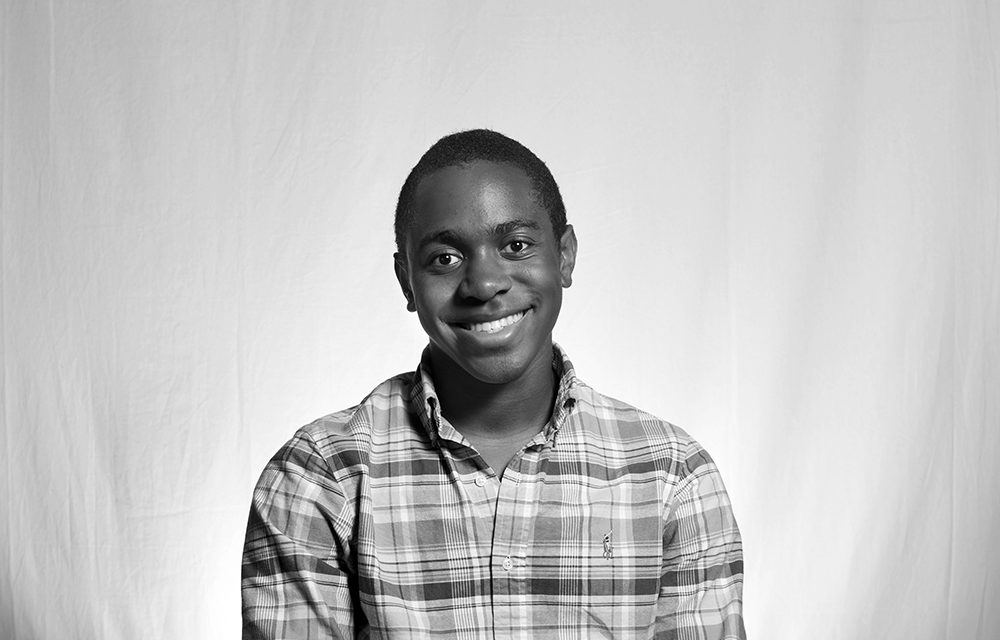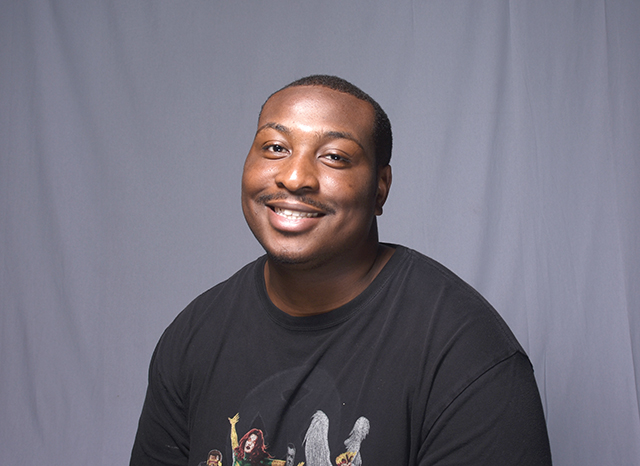Kevin Moye | Staff Writer
The idea of the American Dream has been a long-touted hallmark of living in the United States. It is the idea of starting from nothing and ascending to an idyllic middle-class to upper-class lifestyle by working hard and being motivated.
Black Americans, and black millennials, in particular, continue to buy into this optimistic mindset. A Pew Research poll discovered that black Americans believed in the pursuit of the American Dream the most with 62% of respondents saying their families were on the way to achieving it. The sad reality of the situation is that for most black Americans, this Dream still seems to be just that: a dream.
Black Americans must continually struggle with policies from decades ago that left older generations with less wealth than most other Americans. For most black Americans, we come from families that are only one or two generations removed from legalized segregation—many are still alive who lived under that system.
Opportunities to climb the economic ladder during this time were stripped away in the form of redlining, legal job discrimination and the absence of GI benefits to black veterans. While we are now 55 years removed from the cessation of segregation, little to no meaningful policies have been implemented to reverse the wealth gap caused by it.
Education has been lauded as a means of economic liberation, but the barrier to entry is still significantly higher for black Americans than the rest of our cohorts. Because of the aforementioned financial struggles within the black community, families are often unable to come up with the ever-increasing tuition rates college charge.
A report by the Young Invincibles found that black millennials need to be about two educational levels higher than white millennials just to have the same job prospects as them.
As a result of this, black millennials are having to borrow their way into higher education by taking out student loans. A study conducted by Harvard’s Institute of Politics found that 81% of black Americans with bachelor’s degrees will have loan debt upon graduation. They’re taking out more loans, and these loans are more expensive—black college graduates on average take out about $7,400 more in loans to cover their expenses than their white counterparts.
The loans taken out for school only help to fuel the already disparate racial wealth gap in our country. Millennials as a whole take around 21 years to fully pay off their student loans, with most being done with payments in their 40s. Add to this the fact that black families are often forced to take predatory, private loans with higher interests and the picture becomes quite clear why student loans continue to perpetuate the racial wealth gap.
But at least the education finally brings us to an equal playing field in the job market, right? Sadly, this too is another false hope. Black Americans still face massive amounts of discrimination in the workforce. Just getting into the workforce can be a challenge with applicants needing to “whiten” their resumes to have a fair shot. A researcher at Harvard Business School found that just having an ethnic sounding name on a resume can greatly handicap an applicant’s chances of landing a job regardless of their qualifications.
Once black Americans finally obtain the job they have coveted they still face enormous hurdles in closing the wealth gap. A Demos study found that the median white family with an education level below high school had a net worth of $51,300 while the median black family with a college education has a net worth of just half that at about $25, 900.
Cole famously said in his song “Love Yourz” that “it’s beauty in the struggle.” These words feel like they can be perfectly ascribed to our struggle in finding the American Dream. While it is deeply disturbing to be made aware of the abundance of adversities we as black Americans still face, there is a kind of inexplicable beauty in discovering how determined we are to still live out the fabled American Dream. It shows a resilience in us that stretches back generations throughout the African Diaspora.
For black millennials, this resilience will be needed to continue rising up in the face of such intense adversity and live out the black American Dream. But most importantly, this resilience is needed to fight and end this system of racial oppression that has squeezed black Americans for far too long.




